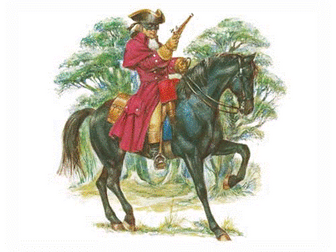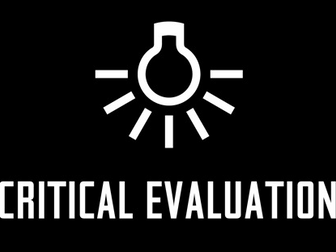Writing to Argue - Are We Born Evil?
This is a really fun and exciting way into teaching pupils how to write to argue. The question stems at the end of the lesson feeds nicely into the AQA Writing section of the language papers. I taught this to my Year 9 class but it is also good for KS4 as the text provided is quite difficult but has a differentiated alternative. This lesson has many discursive elements to prompt ideas for the written task at the end.
Lesson includes:
* Do now activity - three questions and quotations to discuss. The questions increase in difficulty for challenge.
* Opinion/question based activity centered around moral questions linked to evil, such as "If a child commits a crime, is it the parent's fault?
* Article that explores the scientific arguments for people being born evil or turning evil. Littered with research, facts and opinions. This comes as two documents for higher and lower ability.
* Agree/Disagree table - partially completed. Pupils fill in the rest.
* Main task - question using AQA language paper stem. This slide has key vocabulary, success criteria and teacher model in the notes. You can live model the example to demonstrate the thinking.
OPTIONAL EXTRA!
* I have included a slide that is centered around a debate. This can be a plenary or an alternative Main activity. Also comes with success criteria.






